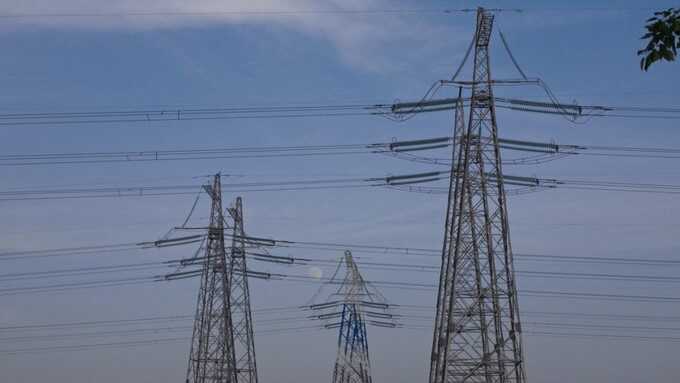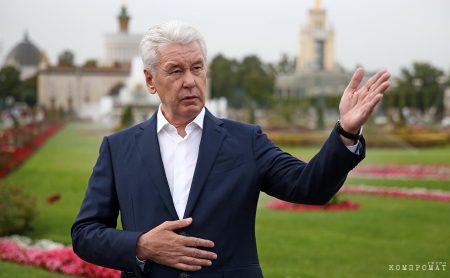Rosseti Tyumen lost 20 billion. The company is making up for the decrease in earnings by raising prices for its services.
The oil and gas industry will be most affected. The electricity transmission rates in the Greater Tyumen regions are expected to grow rapidly. The local regulator has started compensating Rosseti Tyumen for the income shortfall it has amassed in recent years. During the consideration of the networkers' application in the Tyumen REC, it was discovered that the Surgut branch of Rosseti lost tens of billions of rubles during this time.
The primary cause of this was a significant decrease in energy consumption, mainly from the oil industry, which had to limit hydrocarbon production under the OPEC+ agreement. The REC has currently only taken into account a small portion of this amount, but in the future, the regulator will have to fully compensate Rosseti. According to market participants, this will lead to increased price pressure on all consumers in the region. Given the consumption structure in Western Siberia, the oil and gas companies will be the most affected, and they are already protesting against unjustified tariff increases and trying to cut costs by leaving the national power grid.
The Tyumen Region REC immediately increased the required gross revenue (RGR) of Rosseti Tyumen (part of PJSC Rosseti) by 21.6% for 2023 compared to the previous year.
As a result, the total amount that the company will collect from consumers will immediately rise from 55.2 to 64 billion rubles. Consequently, the network tariff has increased from 1.74 to 1.90 rubles per kilowatt-hour at high voltage. The transmission cost has also increased by 25-30 kopecks for other voltage ranges.
According to the regulator's resolution, the NGR growth is due to the inclusion of a 3.1 billion ruble entrepreneurial profit in 2023. Additionally, the NGR includes the income shortfalls due to changes in prices and production volumes from 2018-2021, which were only partially considered and amounted to more than 3.1 billion rubles.
However, this is only a small portion of the company’s accumulated income shortfall: in total, the Tyumen energy commission must facilitate an additional 17.7 billion rubles for Rosseti Tyumen, which will be considered in the future, further burdening consumers.
Notably, 2023 marks the first year of a new long-term regulatory period, which will be the basis for indexing the company’s NBB in the coming years. Therefore, the higher the costs, the more significant the potential tariff hikes in the future.
An insider at Rosseti Tyumen explained that the multi-billion ruble income shortfall stems from a substantial decrease in electricity production starting in 2018.
Recall that the Surgut subsidiary of Rosseti closed 2018 with a loss of 2 billion rubles, which arose against the background of a reduction in productive supply. This trend was associated with the implementation by Russian oil companies of the international agreement OPEC +, which led to a reduction in hydrocarbon production and, as a result, a sharp decline in electricity consumption.
In addition, the high cost of network electricity has prompted large industrial enterprises of the northern territories to switch to their own generation, which in the aggregate has led to an even greater reduction in productive supply in recent years. In 2020, the problem reached its peak, and the loss of networkers amounted to 3.4 billion rubles.
The head of Rosneft, Igor Sechin, appealed to the President of the Russian Federation with a request to reconsider approaches to setting prices for electricity. At the end of 2021, he, in particular, pointed out that over the past five years, the balance of economic interests in the energy market has been upset in favor of energy producers and grid companies. This, according to Sechin, led to a significant increase in tariffs for oil companies.
For example, for RN-Yuganskneftegaz fields, prices increased by 55% from 2015 to August 2021.
As noted in the market, now only restoring productive supply to the pre-crisis level can save the situation and prevent further growth in the cost of energy resources. However, there are no significant prerequisites for this yet. According to Rosseti Tyumen, for the 3rd quarter of 2022, the transmission volume amounted to just under 40 million kilowatt-hours, which is comparable to the figure for the same period of the previous year. At the same time, oil production in Khanty-Mansiysk Autonomous Okrug showed an increase of 5.3% over the six months.




